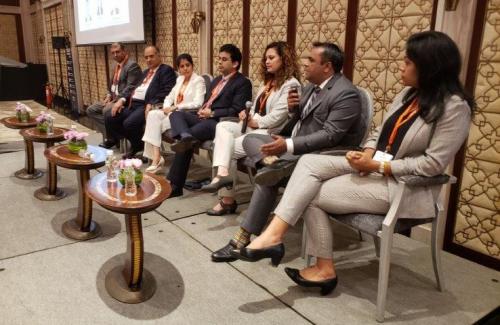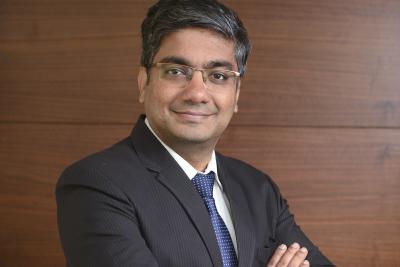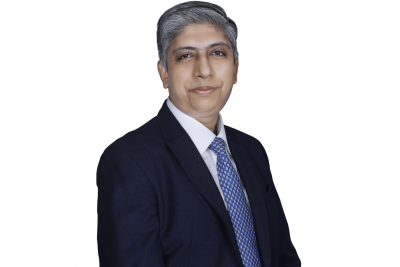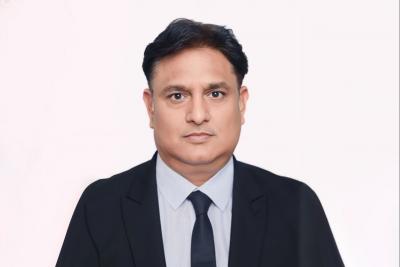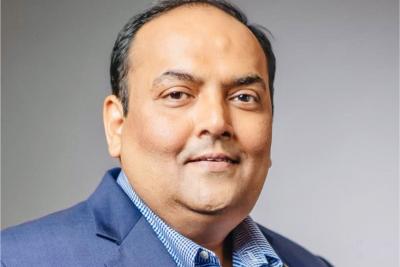Curating the Right Solutions for India’s HNWI Clients in Today’s Environment

Sep 25, 2019
A panel of experts debated the key trends on wealth structuring and wealth planning for India’s wealthy private clients and discussed how the industry should best engage and retain younger generation clients, as more and more wealth is transferred to the next generations.
The Key Takeaways
The trend to professional structures
With very high tax rates for the very wealthy and the fear of the arrival of estate duties in coming years, an expert highlighted the increasing prevalence of wealth and estate planning, of the appropriate structures and pointed to the need to keep things at arm’s length where necessary.
Separate personal and corporate
With new insolvency laws and a history in India of many personal guarantees, many families are increasingly concerned about separating personal and family wealth. Fear is often driving this trend.
Alignment of interests
A panel member highlighted the need for alignment of mindset, manner and method. In essence, this means that wealthy families must embrace greater openness and transparency, must consider the future situation of their current and future family generations, and should structure their affairs in the most appropriate manner.
Families more receptive to discussions
Wealth planning and succession discussions are becoming more personal and more intense, with families increasingly aware of the issues and of the need to address wealth transition and all of the surrounding concerns, including potential for divorce in the different generations and other key areas.
A global concern
Indian families are ever more global in their business and personal wealth and lifestyles, so advisers must address these matters with a clear appreciation of the global regulatory hurdles as well as the local issues.
Horses for courses
An expert advised that there are many structures available to consider and that the merits of each depend largely on the individual family situations, so professional advice and careful consideration is required before selecting any particular route.
Transparency to the forefront
Another guest pointed to the need for big decisions to be conducted in a transparent manner within the broader family context and then set within the appropriate structures and following clear governance protocols.
Take the early train
The panel advised that the earlier individuals and families can address wealth succession, the better, especially as there are many twists and turns on the journey of life.
A fluid situation
The panel advised that families should be cognizant of the fluidity of businesses and of personal situations, so, therefore, cautioned that any planning and structuring should include the ability for the promoters to adjust to future situations.
Carve some wealth out irrevocably
A panel member strongly advised that HNWIs should be carving a certain portion of business or personal wealth into an irrevocable trust.
Sensitivity required
Conversations with clients in India on these delicate matters require a sensitive approach, and for the advisers to help educate their clients on the vital necessity of effective planning and structuring.
The Discussion
Succession was the starting point for the discussion, with one guest noting that India’s top rates of tax were relatively punitive compared to other countries in the region, and remarking that as there is considerable fear of the introduction of estate duties, hence many advisers are, rightly he argued, proposing trusts for wealth and estate planning, with professional trustees managing those trusts at arm’s length.
“Another key discussion we are having these days,” came another voice, “is the separation of personal and business wealth. So many of our corporate clients have given personal guarantees, but with the new insolvency law, there is the prospect of hordes of bankers, non-banks, foreign creditors and others coming after their personal assets. It has resulted in a very real fear in many families, resulting in new structures being put in place.”
A panel member said there must also be alignment. “The three Ms are very important,” they explained, “namely mindset, manner and method. By this I mean alignment of the mission of the promoters, and I am seeing a big change in attitudes in the past five or more years, with many clients now aware of this concept of estate planning and many more of them actually sharing with us sensitive issues, things which in our Indian culture they would not have shared before.”
“Manner,” this expert continued, “involves the way in which business and wealth are being transitioned, and we see families increasingly sensitive to the next generation, and how or if they should take over the businesses and other wealth. And method involves wills, trusts, family constitutions and all these areas, all of which need to be aligned properly.”
The same panellist noted that discussions are becoming more personal and intense, with families increasingly aware of the issues and of the need to address wealth transition and all of the surrounding concerns, including potential for divorce in the different generations and other key areas.
“We keep reading articles on family disputes and clients these days increasingly realise the need for seamless wealth planning,” said one guest. “Indian family wealth is increasingly global, so it is both complex and requires looking at from a global regulatory viewpoint as well.” Another panellist agreed, adding that Indian families increasingly prefer professional management of their businesses in the future, with family members involved only on merit and family wealth increasingly separated from control of the business assets.
A lawyer advised that there are many structures available to consider, but that the merits of each depend largely on the individual family situations, so professional advice and careful consideration is required. Another said a good starting point is the Will, on which can be layered the appropriate structures, whether limited partnerships or trusts, two-tier trusts or other vehicles.
Another guest pointed to the need to address all key areas, including the actual wealth transfer and the need for business and family wealth governance. He indicated that big decisions should be conducted in a transparent manner and set within the appropriate structures and follow clear governance protocols.
“Yes,” agreed another panel member, “it is essential to plan early and plan ahead, as many things can happen. For example, if there is an accident and the parents of young children are killed, and those parents are not properly structured with wills and trusts, and so forth, those children might lose out. People are wary of passing wealth to children at a young age, but they also need to be properly prepared and structured, so this can be done in a phased manner and in the case of unforeseen events.”
“There are two common questions,” came another voice. “One is what is the right age for succession. And second, how much should I need to have to form a trust? In my view, there is no right age for succession. But the later you plan and put things in place, the more complications you risk, so the faster you do it, the better. There are multiple reasons why you look at planning, not only from the perspective of passing on wealth point of view but also preserving wealth, especially in face of unforeseen events. Use your wealth in a ring-fenced manner, protect yourself from any unforeseen events that may come and then look at passing it on to the next generations.”
A guest highlighted how dynamic business and families are, as things are constantly changing, so families need structures that can be adapted to the current situations and flexibility built-in. “As and when the changes take place, you must be ready to give effect to those changes in your planning and structures,” he advised.
“Carving a certain portion of the business or personal wealth into an irrevocable trust is often a good approach, especially for younger wealthy people,” said another expert. “This means the younger family members can be protected, but also the older family members, for example those parents who are not wealthy but whose offspring in their 20s and 30s become so wealthy. Anything can happen, including accidents, divorce and other events, so carving out portions of assets and wealth is very sensible.”
Being sensitive to the nature and content of these discussions is essential, said another guest. “These are uncomfortable topics to discuss,” he said, “but the approach must be positive as well, so people are willing to hear your ideas. Yes, you may have to use a few difficult words at that point in time, but education and sensitivity are vital. Getting the entire family together on the same page is also essential to avoid conflicts, so a family constitution and/or a business governance policy is advisable, then obtaining consent from the family members, so there is transparency, and they buy into the concept.”



